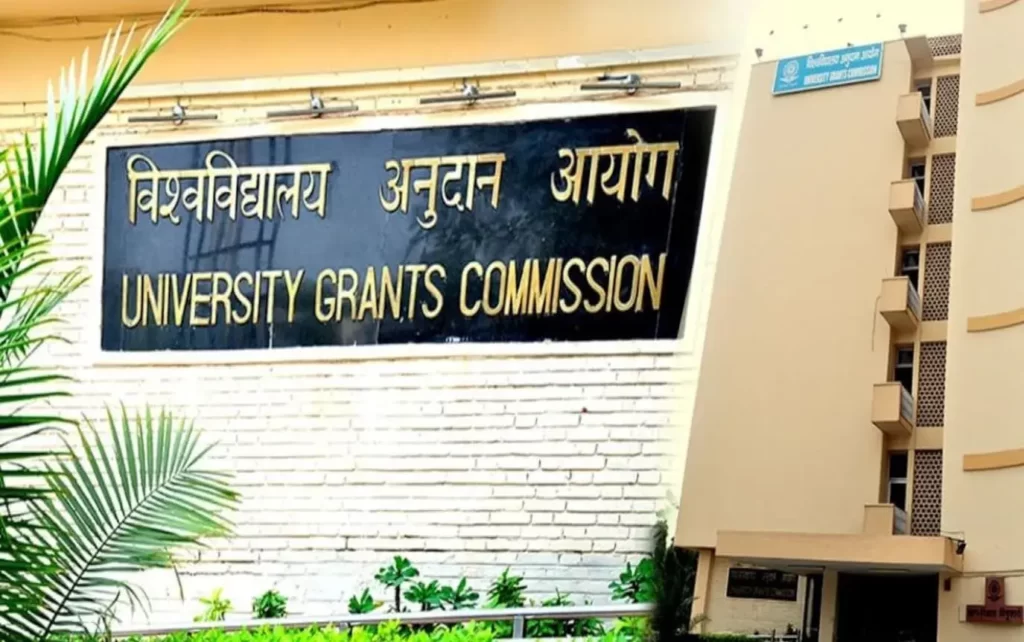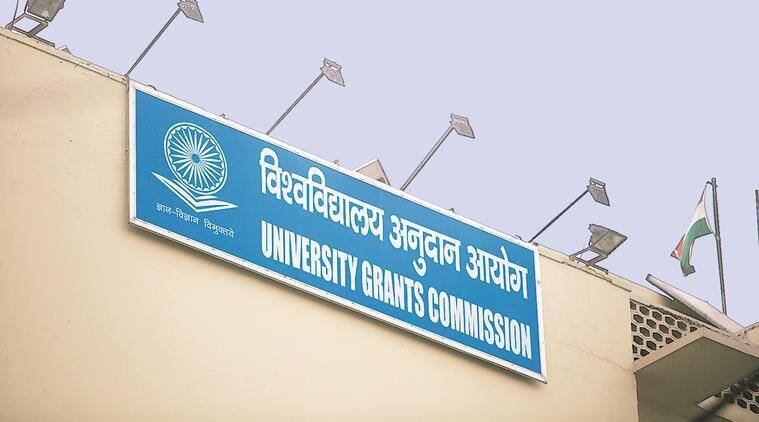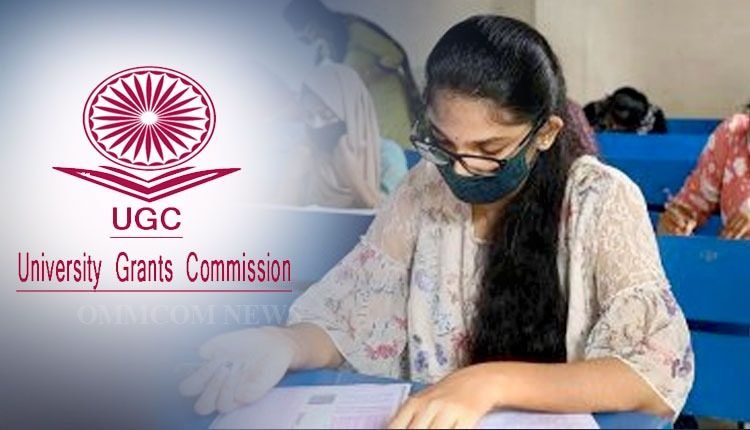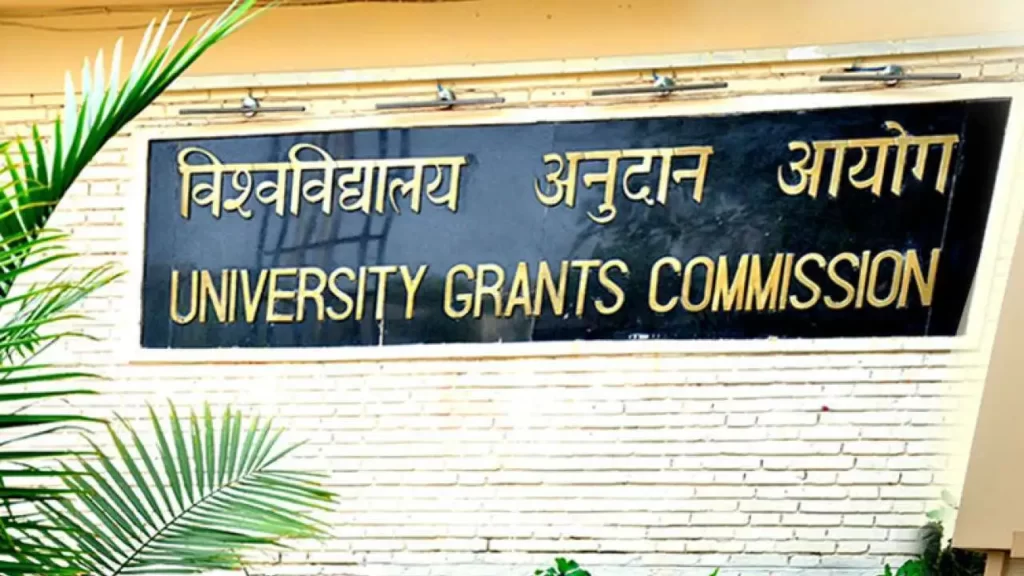Over 20 Million Students Register on UGC’s Academic Bank of Credit, Says UGC Chairman
UGC Chairman Mamidala Jagadesh Kumar announced that more than 20 million students from across the nation have registered on the University Grants Commission’s Academic Bank of Credit (ABC) platform. He made this announcement during the western zone vice chancellor’s conference held at Maharaja Sayajirao University in Baroda, Gujarat, on October 26. Chairman Kumar emphasized that in recent years, the UGC has introduced various reforms. Although over 20 million students have already registered on the ABC platform, he stressed the importance of ensuring that every student register and that their academic credentials and credit certificates are uploaded to the ABC platform. During the conference, the UGC Chairman also discussed the progress made in implementing the reforms initiated by the UGC. The Academic Bank of Credit (ABC) is one of the provisions outlined in the National Education Policy 2020 (NEP 2020). ABC offers undergraduate and postgraduate students the flexibility to exit and re-enter their courses within a specified time frame. Additionally, it aims to provide every student with the opportunity to open an academic bank account with ABC to transfer credits for the attainment of various degrees, diplomas, or certificates.
Over 20 Million Students Register on UGC’s Academic Bank of Credit, Says UGC Chairman Read More »





